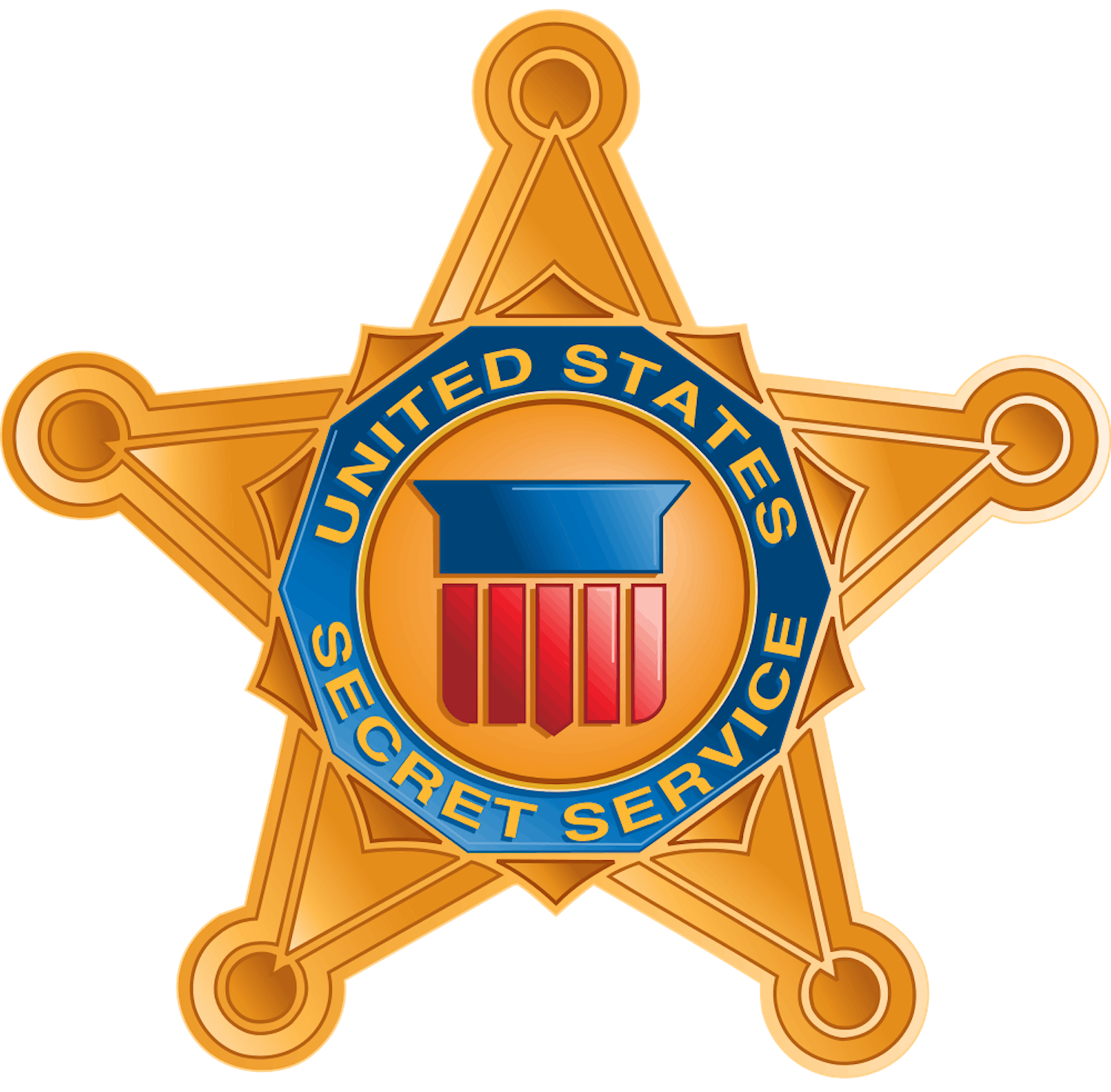
United States Secret Service: Strategic Enhancements to Support Service and Field Operations
USSS, Secret Service
The United States Secret Service was established in 1865, originally tasked with the sole purpose of combatting the forgery of the American dollar. The Secret Service was, over time, retasked by Congress to undertake the protection of the President of the United States, and other key government officials, in addition to the protection of critical infrastructure. In 2003, the Secret Service was moved from the Department of the Treasury to the Department of Homeland Security.
The mission of the Secret Service is enabled by a network of support offices, empowering the agency to carry out its duties throughout the nation and around the world.
Click the button below to view the Final Report.
Final ReportProject Description
The United States Secret Service (USSS) sought to use the views and goals of its senior leaders and the Federal Employee Viewpoint Survey (FEVS) to strengthen the agency’s organizational functionality and climate, with particular focus on certain support and field offices. The National Academy of Public Administration (the Academy) contracted with the Secret Service to review the organizational missions, structures, and challenges of choice agency offices, identify necessary reforms to improve working climate, as well as potential challenges associated with those reforms.
This assessment was conducted via interviews with staff at the offices of choice and other Secret Service mission stakeholders, as well as via review of pertinent documents. A gap analysis framework was employed to develop a sound understanding of the current needs for and access to support field office services, a vision for how those offices could best address future challenges, and coherent actions to achieve that vision within a realistic level of resources.
Questions
If you have any questions or comments regarding the study, please contact, Brenna Isman, Director of Academy Studies, at bisman@napawash.org.
